

Write what you are looking for and press enter to begin your search!
Live News
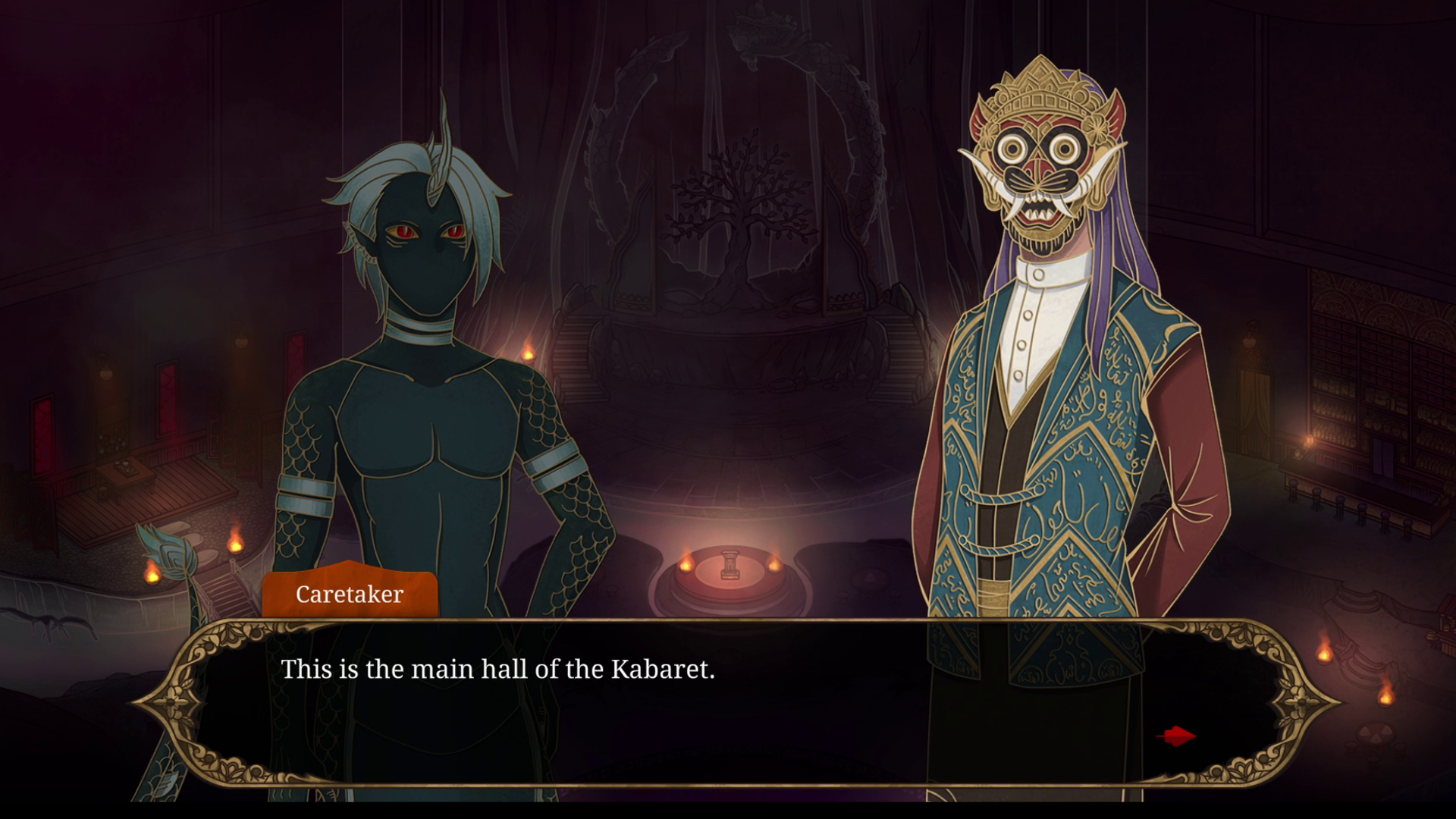

Kabaret Is A Macabre Mythical Malaysian Game That’s Proud To Be Southeast Asian
 ">
">
By Alleef AshaariVerified|April 5, 2023|1 Comment
Platforms: PC, Xbox One, Xbox Series X/S
Genre: Visual Novel, Fantasy, Horror, Myth, Legends, Malaysian/Southeast Asian
Back in 2020, Malaysia-based developer Persona Theory Games burst into the games industry with their spicy debut game, Fires At Midnight, a visual novel that covered controversial and mature subject matter that most other developers tend to shy away from. Three years later, they have now arrived with their second game; Kabaret.
It’s always great to see local developers continue to grow and Kabaret is further evidence of that. Kabaret is their most ambitious game yet in terms of scale and sheer scope. What is one of the most famous elements of Southeast Asian culture on the world stage? It’s our myths, our legends, and yes, our horror stories. In that way, Kabaret is a celebration of Malaysian and Southeast Asian myths and folklore.
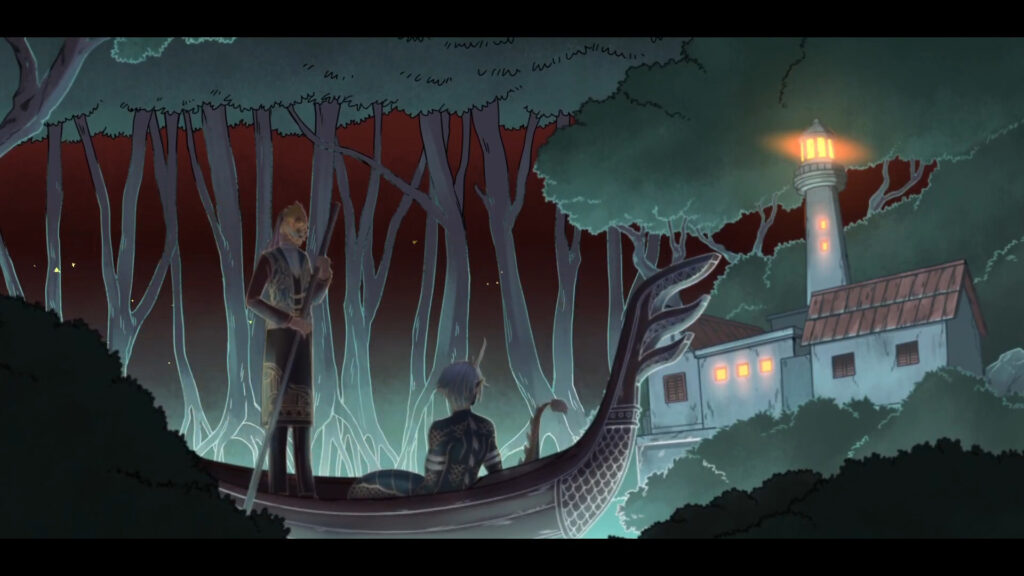
What is Kabaret all about? Well, it’s a narrative visual novel game with several unique gameplay mechanics. Without spoiling anything besides what the official synopsis of the game has revealed, players assume the role of a human named Jebat who is cursed to become a monster and finds himself in a strange realm called the Alam Bunian. There, a mysterious individual known as the Caretaker brings Jebat to a Kabaret (defined as a place where there are performances of music, singing, or dancing), where Jebat is then tasked to become its next Tea Master. In his new role, Jebat will have to suddenly live amongst monsters and creatures while preparing tea for them and mingling with them while surviving and trying to discover the truth behind his curse.
Gameplay-wise, Kabaret plays mostly like a traditional point-and-click visual novel, as players decide the actions and dialogue choices of their characters to move the story along via walls of text and visuals. However, as the Tea Master of Kabaret, Jebat has to prepare elaborate tea brews and ceremonies for the monsters living there. This works sort of like other similar visual novel games like VA-11 Hall-A Cyberpunk Bartender Action and Coffee Talk. The tea ceremony is a major gameplay mechanic and it’s the first thing you learn when playing Kabaret.
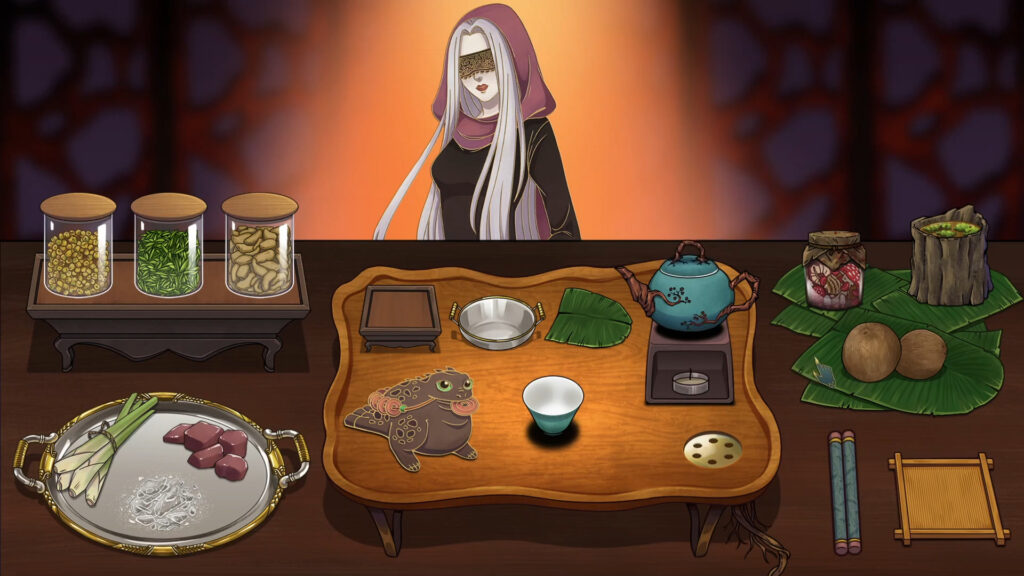
Essentially, how it works is that you’ll begin a conversation with a particular monster as part of the story progression. While talking with them, you’ll ask the monster what he or she or it or they would like to drink. You’ll then have to figure out which specific tea blend or brew that would work the best in any given situation. For instance, one monster might want tea that would make them forget about their tragic past. There’s actually a recipe for that in a whole recipe book, which you can refer to while playing the tea ceremony minigame. Despite that, some requests can be vague and less defined, so it’s up to you to figure out which tea to brew.
I won’t lie, the tea ceremony can be a bit confusing at first. Yes, there’s a tutorial but the ingredients that you choose for the tea ceremony aren’t exactly labelled properly, so it will take several tea ceremonies for you to get used to pairing the ingredients while brewing with the images featured in the recipe book that you’re referring to. Getting even one ingredient wrong can result in a different tea than you intended and this can sometimes be annoying. Also, for each singular monster, you’ll have to perform the tea ceremony three consecutive times for the whole conversation to be completed and for the story to progress. Some might find that that can make the game’s pacing a bit slower, but that’s what tea ceremonies are supposed to be like. They’re not super fast instant coffee dates, you’re meant to take things slow and gradually learn more about that specific monster. Therefore, it’s integral to the narrative and plot.
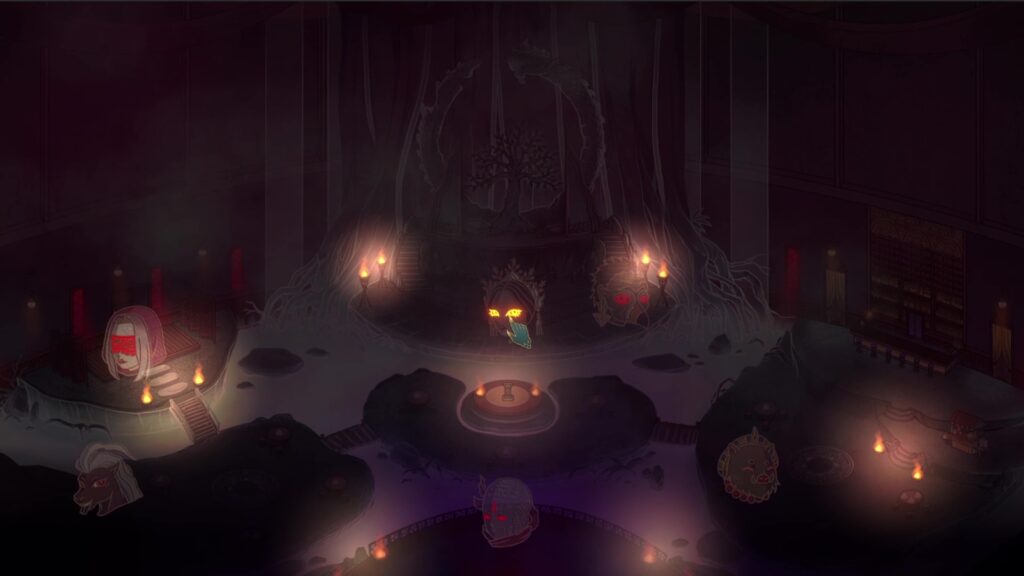
As for the monsters, it’s impressive how the developers inserted not only ghosts and creatures from Malaysian legends and folklore, but they also didn’t neglect other countries from the same region. I won’t spoil every single one in this review, of course, but you can expect Malaysian staples like the Pontianak and Toyol amongst others, as well as Tikbalang from the Philippines, Kuman Thong from Thailand, Babi Ngepet from Indonesia, several from Hindu mythology and more. There aren’t hundreds like in the Persona games, but each of them comes with their own personality and character traits. The fun is in interacting with them and understanding their various quirks.
Besides the tea ceremonies, there are several other major gameplay mechanics that you won’t find in other visual novels. Firstly, there’s the Congkak minigame. For those who aren’t from Malaysia or Southeast Asia, Congkak is a traditional board game from the region. There’s also the Guli minigame, which is adapted from a traditional Southeast Asian game involving marbles. It’s impressive and admirable that the folks at Persona Theory Games decided to adapt two traditional games from Malaysia/Southeast Asia into Kabaret as major gameplay mechanics, instead of making up a fictional minigame from scratch like other games tend to do.
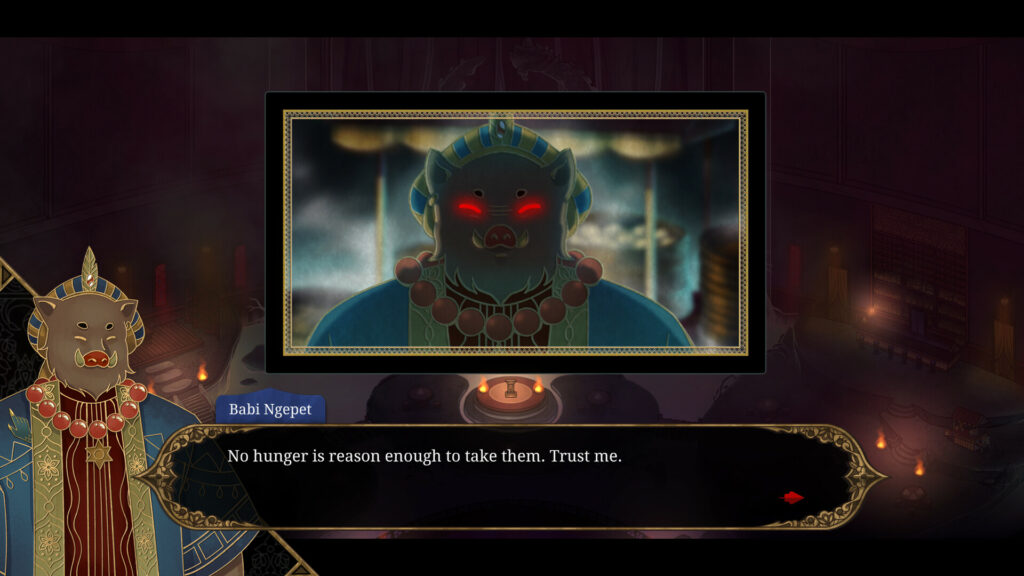
Rest assured, even if you know nothing about Congkak and Guli, they both come with comprehensive tutorials. Well, at least more so for the Congkak, considering that it’s a much more complex game than Guli. Guli is literally just a minigame where you choose a direction and shoot a marble at other marbles to remove them from a big circle. It’s somewhat ironic then that I find Congkak more enjoyable and less frustrating to actually play than Guli. While Guli is much simpler in terms of mechanics, it’s also much easier to fail at, since committing just three mistakes or running out of time (you’re only given three minutes for a game of Guli) will result in failure. There’s also a fatal flaw where your marbles can sometimes roll out of reach, resulting in there being no way to win the game (it caused me to frustratingly restart the game a few times). Meanwhile, Congkak is more fleshed out and has no time limit, and as such, it’s easier to get the hang of it without being punished for not understanding it.
Last but not least, there’s one more gameplay mechanic in Kabaret that, while underutilized, is probably the most fun to play in the entire game. I say underutilized because you’ll only play this minigame for a grand total of three times in the entire game. This minigame is hard to describe, but it’s one where Jebat has to manage a musical stage performance from behind the scenes. During this minigame, you use the D-Pad on the Xbox controller to move Jebat between three different stations. One station controls the smoke machines, one controls the spotlight, and another controls the fire effects. You’ll have to juggle all three stations during a musical performance and make sure the show goes well. At the end of it, you’ll get a rank. It sounds like a complicated chore, but trust me, it’s not. It’s the best minigame in Kabaret, hands down, and one that I was clamouring for more of.
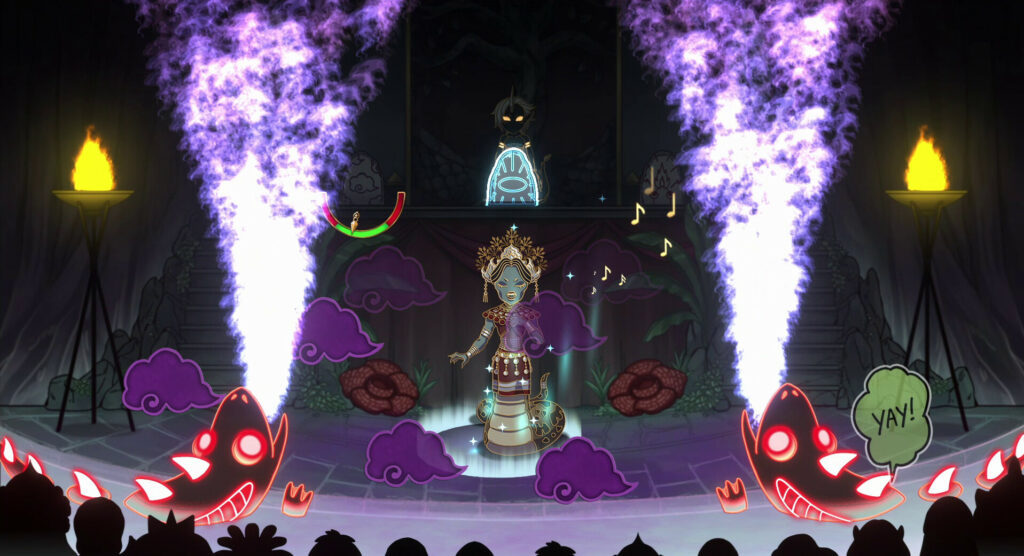
To be even more clear, another huge reason why the stage performance minigame is the best can be attributed to the fact that it’s during these performances that the game plays its original songs and musical tracks. The music in Kabaret is one of the biggest highlights of the game, and it will be part of the reason the game will stay with you long after you finish it. Heck, immediately after finishing the game, I wished that the game’s music would be made available on Spotify or purchasable. The music and score play a massive part in setting the dark and melancholy fantasy tone of the game, and it’s unique as well because it uses a lot of traditional instruments. Persona Theory Games collaborated with local bands from the region like Hello Universe and the Indonesian group SambaSunda.
While I’ve touched on how the gameplay and music in Kabaret make the game different, the visuals are also a big contributing factor. They’re vibrant and makes the game stick use through its use of Southeast Asian influences. The graphics and designs look to be inspired by local art styles like batik, wayang kulit and more. This makes the monsters look more refreshingly Southeast Asian, more distinctive and less like carbon copies of say, the demons/personas from Atlus’ Shin Megami Tensei franchise.
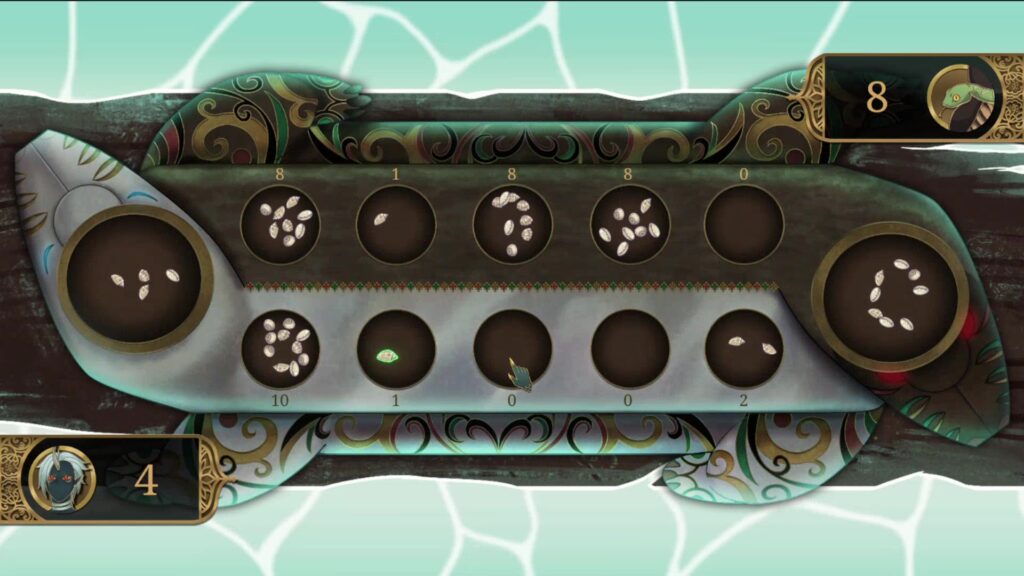
Kabaret is described as a dark fantasy game, and after playing it, I can confirm that. It’s not really a full-on horror experience, so don’t expect something like that. There are no cheap jump scares, but there are some visuals and sound effects that some people would find scary or disturbing (like the sound of ghostly wailing). That being said, just like their previous game Fires At Midnight, Kabaret does explore mature subject matter such as death, existentialism, racism, and corruption, as well as mental health issues like suicide. The way these are depicted in the game may hit too close to home for certain players, so here’s a fair bit of warning for those more sensitive to being triggered by content like that.
I’ve mostly praised the game for its gameplay, music and visuals. However, it does have several flaws. While my experience was mostly big-free for the majority of my playthrough, Kabaret doesn’t have manual saves. You’ll have to completely rely on auto-saves and checkpoints. This is frustrating for several reasons; sometimes I’d find myself having to replay certain parts because the checkpoint that I loaded from was farther behind where I stopped playing the game, and if you’re the type of person who likes to reload your game to try out different decisions or fix mistakes, it’s going to be an annoying experience for you too.
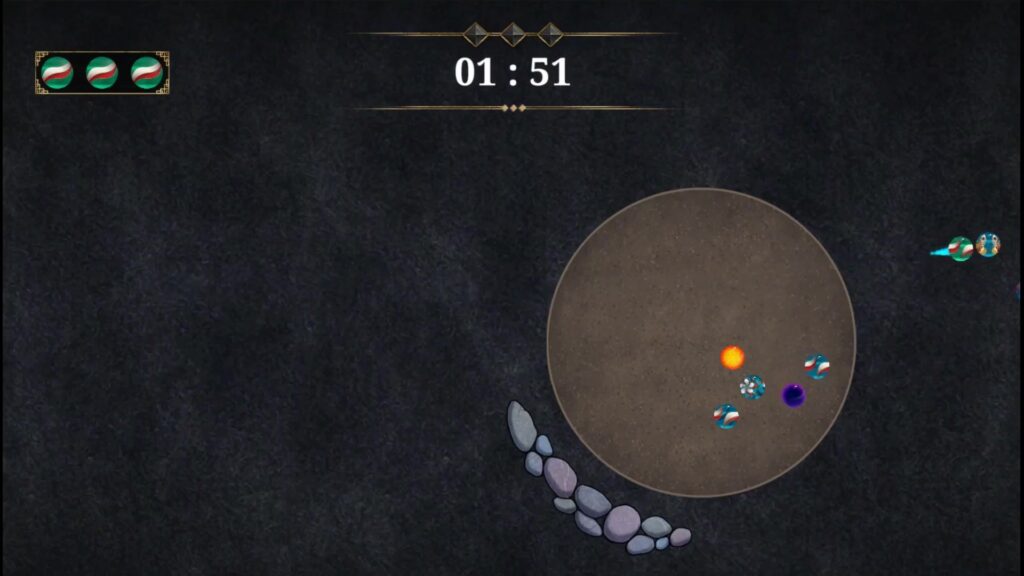
In my first playthrough of Kabaret, it took me approximately nine hours to finish the game. That’s almost five times longer than Fires At Midnight (my first playthrough for that was two hours, in comparison). Nine hours is also pretty long for a visual novel, so some parts of the game might feel a bit draggy as well; if you’re used to shorter visual novels.
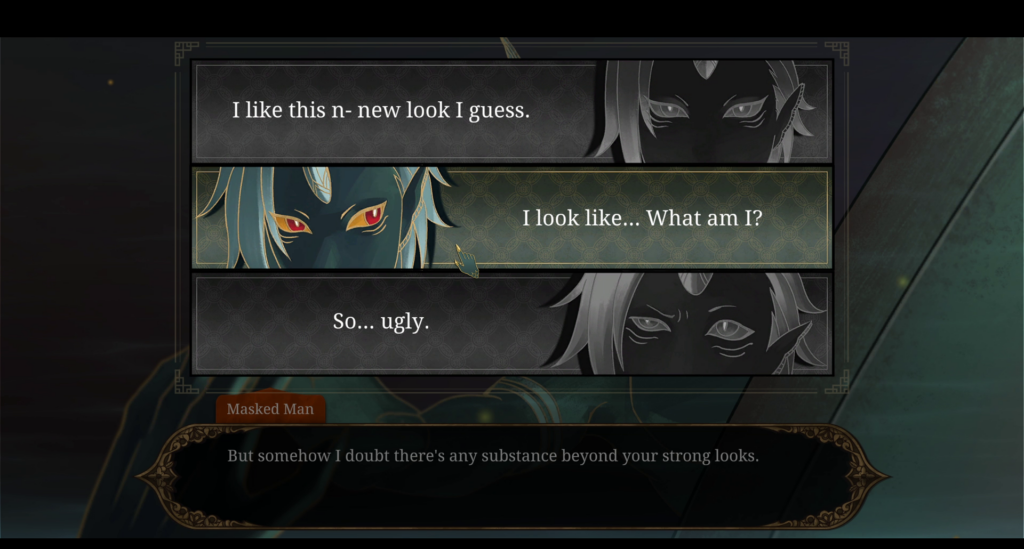
Persona Theory Games’ second game, Kabaret, is a great one that is both a bigger and better game compared to their previous title. The biggest compliment that I can give Kabaret is if someone asked me what games from Malaysian/Southeast Asian games I would recommend, Kabaret is definitely up there with some of the best alongside Metronomik’s No Straight Roads. Kabaret is a quintessential experience for the best that the region’s games industry has to offer right now, and it’s more proof of why the world should start paying attention to developers from this region.
Kabaret was reviewed on PC based on a review copy provided by Persona Theory Games. It is slated to launch for PC, Xbox One and Xbox Series X/S on 5 April 2023.
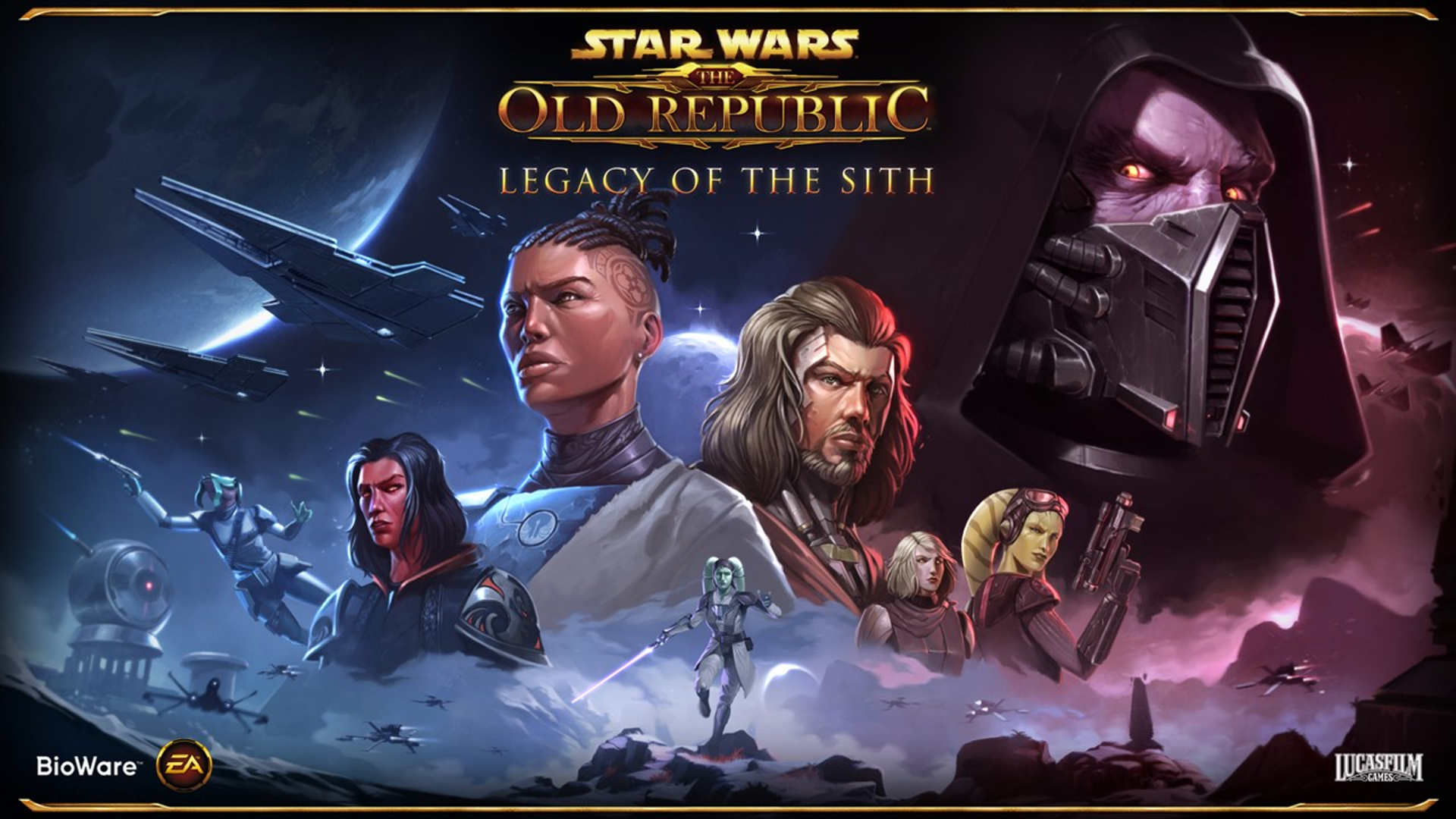
By Alleef AshaariVerified|November 10, 2022
During a special Star Wars The Old Republic live stream, BioWare revealed details for the beloved MMORPG’s next major game update, Showdown On...

By Alleef AshaariVerified|August 27, 2024
During the Nintendo Direct August 2024 live stream, Sabotage Studio announced Sea Of Stars Throes Of The Watchmaker DLC expansion, which will launch f...

By Alleef AshaariVerified|January 17, 2025
Bandai Namco and Spike Chunsoft have unveiled a new trailer for Dragon Ball Sparking! Zero DLC 1 Hero Of Justice Pack, which arrives next week on 23 J...

By Kakuchopurei|February 17, 2025

By Ali'sha Harris|February 16, 2025

By Alleef Ashaari|February 12, 2025

By Jonathan Toyad|January 21, 2025

By Alleef Ashaari|January 15, 2025

By Alleef Ashaari|February 19, 2025

By Lewis Larcombe|February 19, 2025

By Kenn Leandre|February 19, 2025

By Jonathan Toyad|February 18, 2025

By Jonathan Toyad|February 18, 2025

By Kakuchopurei|February 17, 2025

By Ali'sha Harris|February 16, 2025

By Alleef Ashaari|February 12, 2025

By Jonathan Toyad|January 21, 2025

By Alleef Ashaari|January 15, 2025

By Alleef Ashaari|February 19, 2025

By Lewis Larcombe|February 19, 2025

By Kakuchopurei|February 17, 2025

By Ali'sha Harris|February 16, 2025

By Alleef Ashaari|February 12, 2025

By Jonathan Toyad|January 21, 2025

By Alleef Ashaari|January 15, 2025
Copyright @ Kakuchopurei 2025
Nobody Wants To Die Review: One-Lane Noir | Kakuchopurei
August 19, 2024 at 6:25 pm
[…] are eschewed for no reason other than to force you to replay the whole game again. I can think of worse visual novels that don’t allow players to save out of sheer spite, but it would be nice to give players who have stayed invested to not backtrack all the way from […]